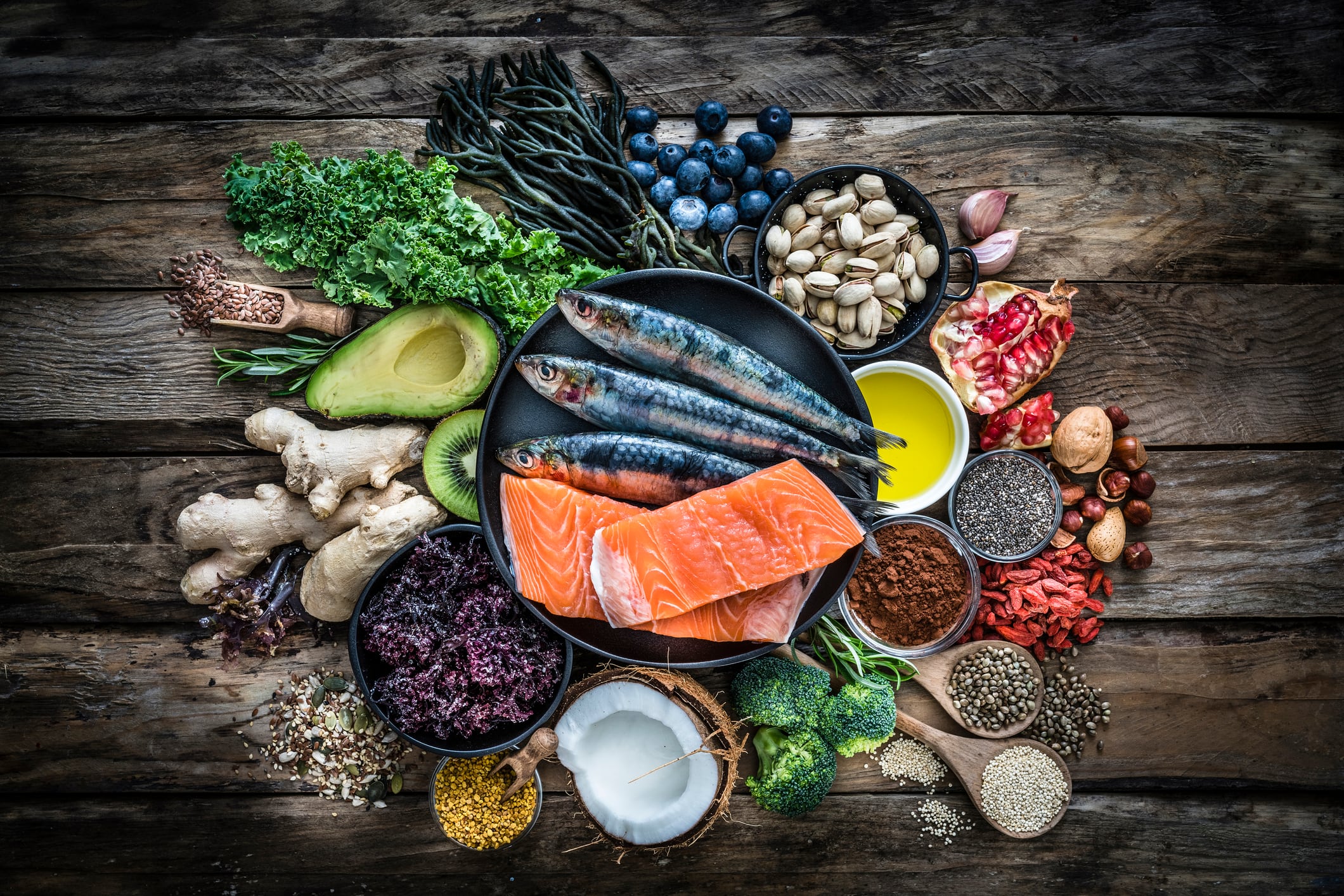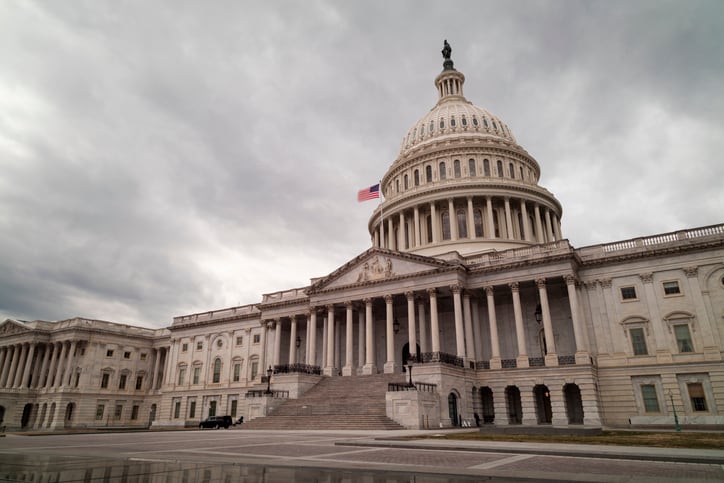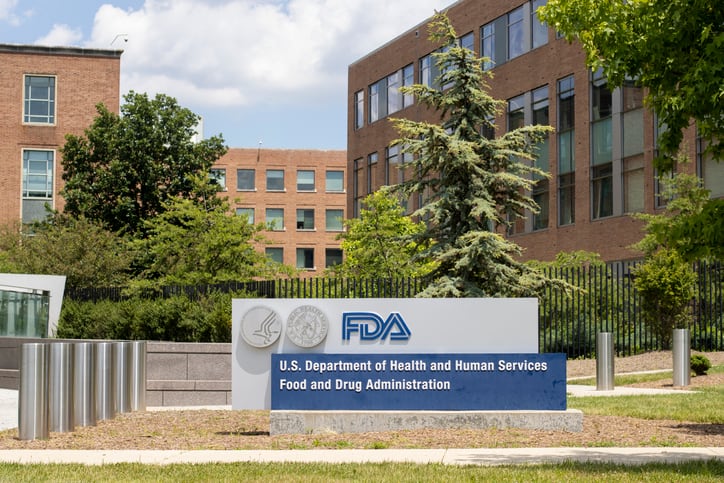Health and Human Services Secretary Robert F. Kennedy, Jr. discussed the GRAS pathways during his confirmation hearings and directed the FDA commissioner in March to take steps to explore potential rulemaking to revise its Substances GRAS Final Rule and related guidance to eliminate self-affirmed GRAS.
“At this point, the details of FDA’s proposed rule are still limited, but the language strongly suggests the agency intends to end the self-GRAS pathway,” Ashish Talati from Talati Law told NutraIngredients. “That would mean companies with existing self-GRAS determinations could be required to submit notices to FDA, unless the substance is already listed in regulation or has a prior “no questions” letter on file. If finalized as written, this would represent a major shift from the current system.”
Speaking at the Regulatory, Scientific & Quality Conference hosted by the Consumer Healthcare Products Association this week in North Bethesda, Kyle Diamantas, FDA’s deputy commissioner for human foods, told NI’s Danielle Masterson that the Agency thinks it has a “common sense plan that will help address the desires to bring greater transparency, understanding our limited appropriations.”
The proposed rule is expected in October. The Unified Agenda notice referencing the (future) proposed rule was posted this week. If finalized, the rule would amend the GRAS regulations in 21 CFR parts 170 and 570.
The GRAS story
Generally Recognized as Safe (GRAS) is a determination that a substance added intentionally to food is deemed to be safe under its intended conditions of use. Congress created the GRAS designation for common food ingredients in 1958 as part of the Food Additives Amendment and then established the GRAS Affirmation Process in the 1970s.
It is a notification process and not an approval process. Under the statute, there are two options available to companies: One is to submit their safety data to the FDA. If the agency does not object to the determination, it will issue a letter of no objection, colloquially referred to as a “Good Day Letter”. Notifications to FDA are publicly available via the FDA’s GRAS inventory.
The FDA has completed and published more than 1,000 GRAS notices and reportedly evaluates approximately 75 notices per year.
The other option, which was introduced in the late 1990s to ease an extensive backlog of notifications, is for companies to convene an independent panel of experts and have them assess the safety data. This is what is known as self-affirmed GRAS. A company is not required to notify FDA of its self-affirmed status, and there is no public database or listing of self-affirmed ingredients. The GRAS Final Rule was formalized in 2016 and maintained the self-affirmation option.
In 2013, the Pew Research Center estimated that approximately 1,000 ingredients/food additives were self-affirmed GRAS in the United States. Twelve years later, that number will be larger.
Graham Rigby, president and CEO of the American Herbal Products Association (AHPA), said his organization has long recognized that the self-affirmed GRAS process is an “important, legal and rigorous pathway relied upon by companies that operate in both the conventional food and dietary supplement sectors.”
“This process is not a loophole,” he said. “It requires independent evaluation by qualified experts, often including multiple toxicologists, to evaluate all available safety information to determine whether an ingredient is generally recognized as safe for a particular intended use.
“While AHPA supports transparency and appropriate safeguards for public health, it is essential that any changes to the GRAS framework be developed in consultation with industry to avoid unintended disruption to the conventional food and dietary supplement marketplace.”
For his part, FDA’s Diamantas said the agency is very interested in feedback from industry and stakeholders.
“We are going through the notice of proposed rulemaking (NPRM) process so that we do get that critical feedback, and we ask that all interested persons and companies provide us with feedback,” he told attendees at CHPA’s Regulatory, Scientific & Quality Conference.
Make Our Children Health Again
In its sweeping "Make Our Children Health Again" strategy report announced today, Health and Human Services noted closing the GRAS loopholes as one of its key focus areas and historic executive actions.
Does FDA have the resources?
Rend Al Mondhiry, partner at Amin Wasserman Gurnani, said that she expected numerous comments from stakeholders raising concerns about FDA resources, potential backlogs and related issues.
“Timing especially will be a significant concern, as it can already take 2+ years to get a no questions letter from FDA, and that timeline is likely to be even longer if a rule like this is finalized,” she added.
Loren Israelsen, founder and president of the United Natural Products Alliance (UNPA) and one of the key architects of the Dietary Supplement Health and Education Act (DSHEA), said that rule making typically takes several years “at best”.
“That would not please anyone I think,” he said.
Al Mondhiry said that an open question is how FDA will handle self-affirmed GRAS ingredients currently on the market.
“We’ve already seen federal legislation that would provide a three-year window for these ingredients to be evaluated by FDA within a certain timeframe, but it’s unclear how a proposed rule will handle these ingredients,” she added. “That said, I would be surprised if currently self-affirmed GRAS ingredients aren’t addressed at all given the administration’s attention to this issue—but hopefully, there will be mechanisms or a process for prioritizing ingredients to avoid a backlog and supply chain disruptions."
Israelsen questioned if there will be a scramble to search for old dietary ingredient (ODI) status (defined as an ingredient on the market pre-1994) or a rush to file a new dietary ingredient notification (NDIN) under DSHEA.

A role for A.I?
“It seems to me the way to go is to require a summary of science and expert panel conclusions, all done with a template so information comes to FDA in standard format,” Israelsen said. “There should be a way (using AI) to score each affirmation and require a failing score to submit the full dossier, and to put a hold on the ingredient pending further review. Passing scores may proceed unless new evidence leads to a different decision.”
This would represent a large amount of work for the FDA, he said, but it would be more efficient and “create an incentive for poor affirmations to hustle to upgrade their evidence to get back to market.”
Adding a note of caution, he said thought must be given to how the plaintiffs bar will try to take advantage of this situation, “which they would.”
Legal challenges?
Another big question will be around the legality of the proposed changes. Ashish Talati said that FDA has previously acknowledged it lacks express statutory authority to mandate GRAS notifications, and how the agency now intends to justify that authority remains to be seen.
“One thing to consider is that there may be an open question as to whether the act, as currently written, would support this type of regulation relative to changing the GRAS process so drastically,” added Bob Durkin, partner at Amin Wasserman Gurnani.
“When Secretary Kennedy first directed FDA to explore rulemaking to potentially change the self-GRAS process, the announcement also noted that HHS would work with Congress to address any new legislation that would be needed to do so. If FDA moves forward with promulgating the type of regulation proposed, vague as the proposal currently is, we think there will certainly be comments about this and possibly even legal challenges.”
A lot of questions and uncertainty remain. Talati urged companies to “monitor developments closely and prepare a plan, especially if they are relying on self-GRAS determinations”.
NPA: "GRAS proposal raises more questions than answers"
The Natural Products Association (NPA) issued the following statement: "HHS’s GRAS proposal raises more questions than answers. It is unclear how requiring the submission of GRAS notices for the use of human and animal food substances would impact dietary supplement ingredients. FDA’s premarket review of dietary ingredients is limited to new dietary ingredient notifications — per section 413(a)(2) of the Federal Food, Drug & Cosmetic Act (FD&C Act) and the relevant regulation, 21 CFR 190.6.
"The FD&C Act provides an exemption to the premarket notification requirement for NDIs present in the food supply as an article used for food. However, it is a fallacy that self-affirmed GRAS ingredients used in conventional food and beverages — and later marketed in dietary supplements — have not been subject to rigorous safety evaluations. As FDA asserted in its final GRAS rule published in 2016, “Fundamental to all conclusions of GRAS status is the criterion that general recognition of safety requires common knowledge throughout the scientific community knowledgeable about the safety of substances directly or indirectly added to food that there is reasonable certainty that the substance is not harmful under the conditions of its intended use.”
"NPA has additional questions about the impact of a GRAS rulemaking on FDA’s resources, companies' intellectual property, the NDI notification process, and dietary ingredients that have already entered U.S. commerce through legitimate, self-affirmed GRAS determinations. NPA cannot comment further on HHS’s proposal until the actual NPRM is published and there is sufficient time to review the details of it."





